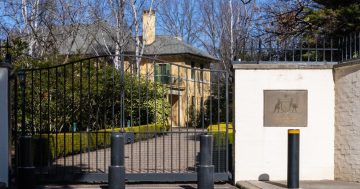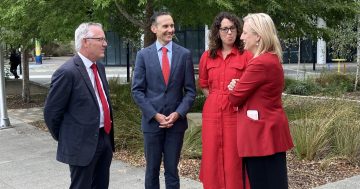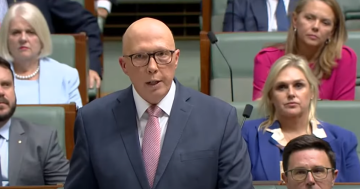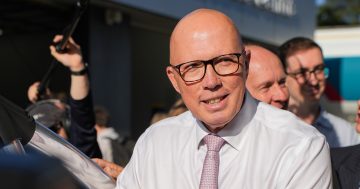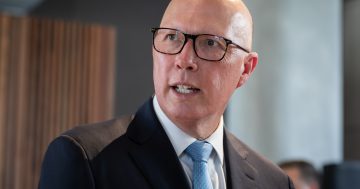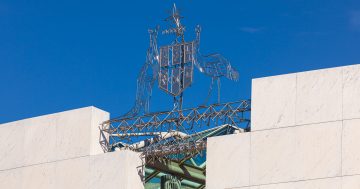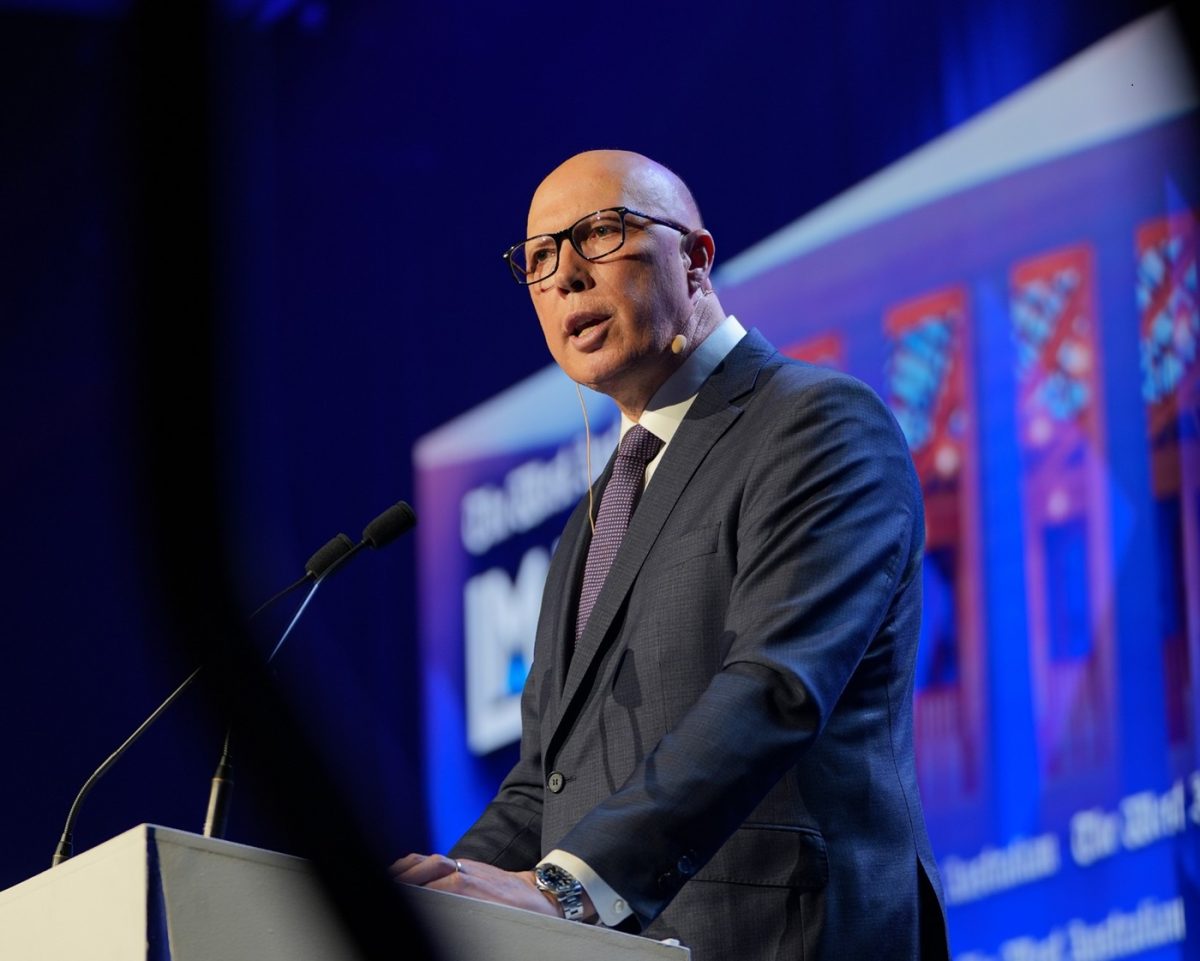
Peter Dutton is employing the same public service attack methods most Coalition leaders use when facing an election. Photo: Peter Dutton Facebook.
The 2022 federal election campaign saw Scott Morrison, as Prime Minister, take every opportunity he could to bag out the public service.
Why wouldn’t he? The tactic worked for Tony Abbott and John Howard before him.
It’s part of the Coalition’s toolbox.
But Morrison’s little venture into ‘Campaign Canberra Bashing’ had a couple of features different from those of his predecessors.
The first being that (let’s face it) when it came to campaigning, Morrison was no Abbott or Howard.
The second (and more important) factor was that 2022 was not the year for politicians to be criticising the public service.
Australia had just come through some tragic bushfires and was still in the middle of its navigation out of the worst pandemic in living memory.
Through both of those events, public servants stepped up while (some) politicians floundered.
Public servants pivoted while politicians procrastinated.
Respect for public services, state and federal, rose during the crises.
So when the PM of the day used the election campaign to stress that the government and elected representatives make the decisions and “not some public servant in Canberra”, it was a folly on a number of fronts.
The public, by and large, understood that public servants had held up their end of the bargain and that delays in aid and vaccines, etc, were a failure on the political side.
So Morrison unwittingly kept confirming that by insisting his government made the decisions.
And he made that point specifically in response to questions about the awful Sport Rorts affair.
He told voters who to blame – his government and “not some public servant in Canberra”.
By implication, he was also telling voters to blame his government for Robodebt, too.
The point is that 2022 was not the election to be criticising the public service.
The tactic backfired on Morrison in a big way, as election night results showed.
This little meander down memory lane is for the purpose of asking: Does the looming 2025 federal election offer renewed hope for the Coalition that bureaucrat-bashing is a winner?
It is obvious that the Coalition’s tactics team thinks so, as does most of the Opposition’s front bench.
Opposition Leader Peter Dutton – who is already shaping up to be quite an astute campaigner – is leading the pack in letting the nation know he’s going to sack tens of thousands of public servants if he wins office next year.
His army of shadow ministers are doing the same.
Routinely, their criticism of the public service is linked to Canberra, the nation’s capital.
‘Canberra’ is an easy target.
But perhaps what some politicians don’t get is that, for the most part, those in the rest of Australia who sneer at Canberra, it’s because of them – the politicians.
Australians associate Canberra with politicians far more than they associate it with public servants, and that’s because there’s more enthusiasm out there for pollie-bashing than there is for public servant bashing.
It’s politicians Aussies hate and distrust, not public servants.
Any poll tells us that. Trust in public services remains at a decent level while distrust of politicians continues to soar.
The other potentially problematic annoyance for the Coalition is that these days, two-thirds of Australian Public Service employees are located outside of the ACT.
Three-quarters of the new APS jobs will be located somewhere other than Canberra.
That’s not fair, is it? That doesn’t help the Coalition with its agenda.
How can Dutton say he’s going to sack tens of thousands of public servants without people in Wagga asking ‘is he talking about me?’ or someone in Wollongong wondering if they’ll be out of a job next year?
What about in Townsville, Geelong, Broome?
Every capital city is home to Australian Public Service employees in the thousands – tens of thousands for some of them, with more than 20,000 (and growing) spread across regional locations.
These are all people with jobs that, for some reason, the Coalition believes are expendable each time an election comes around.
Who knows? Maybe it will work for Dutton the way it didn’t work for Morrison.
There’s just as much chance, though, that voters are even more switched than ever before on to the differences between public servants and politicians – and they know how to express their trust and distrust of each.
Original Article published by Chris Johnson on Riotact.


